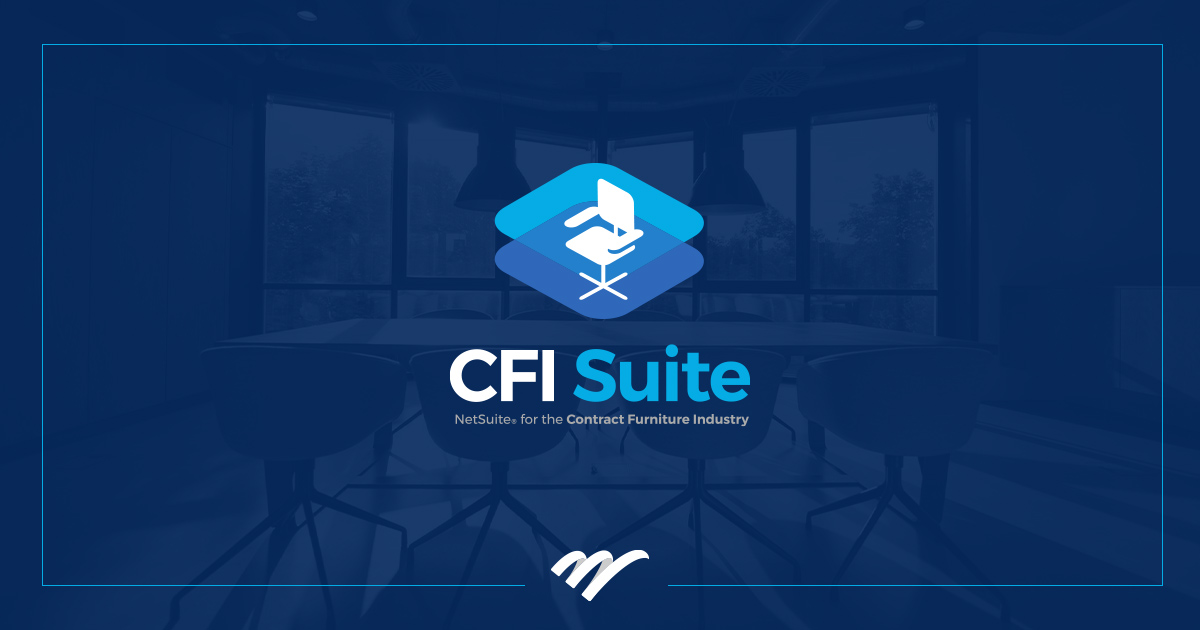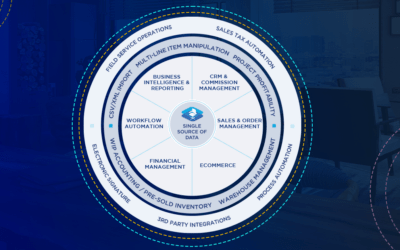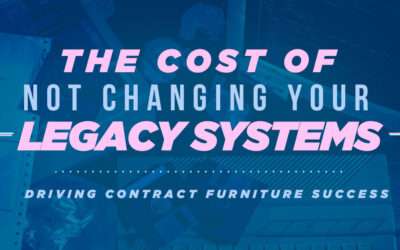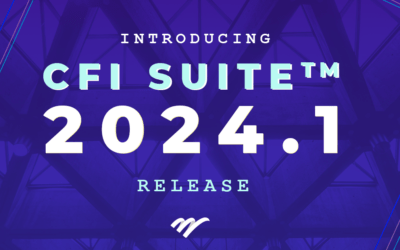The contract furniture industry has some unique technology needs. Subject to stringent testing and certification processes, contract furniture is usually sold at wholesale price and comes with extensive warranties and custom options.
Companies that try to manage these complexities using manual processes, spreadsheets, and disconnected systems usually wind up allocating time, money, manhours, and resources to a process that simply can’t be managed with these disparate approaches.
Add the global pandemic, the shift to remote work, tariffs, and rising material costs to the list in 2021, a year when many contract furniture companies are shaking off the financial impacts of COVID-19 and finding new, creative ways to maintain and grow market share.
With many contract furniture providers running their businesses on multiple systems and using anywhere from 5 to 10 different pieces of software that aren’t integrated, and that don’t “talk” to one another, there’s ample opportunity to get ahead of the pack by using an integrated technology suite, which also provides:
This means no more moving data from one system or spreadsheet to the next. Instead, all aspects of a contract furniture manufacturer’s operations are unified on a single platform and centralized on Oracle NetSuite Cloud ERP. When you’re ready to add a warehouse management system (WMS) to your technology lineup, it’s standing by, ready to integrate.
Platforms like Salesforce and Microsoft CRM don’t provide complete sales cycle management including leads, opportunities, quotes/bids, and influencer and pipeline reporting. Instead, you have to transfer data to and from systems in order to get a complete, 360-degree customer view. Using an integrated suite, you can track leads, prospects, and actual orders, and all steps in between. In a world where customers are more demanding than ever, an integrated technology system can mean the difference between winning a sale and losing a customer for life.
With B2B e-commerce booming and more commercial furniture buyers transacting online, contract furniture companies need robust, user-friendly e-commerce storefronts. And, those systems must be able to accommodate an e-commerce automation workflow. Using the e-commerce module—which integrates directly with CFI Suite—contract furniture companies can start flowing their online orders right into their ERPs on the day that the module is installed.
With an integrated technology suite in place, contract furniture companies can respond quickly in an ever-changing market, versus trying to “turn the Titanic” every time those demands and preferences shift. Across primary, secondary, and even tertiary markets, the companies that can maintain a competitive edge are the ones that adapt quickly to their customers’ changing needs (e.g., the shift to remote work). In an industry where those buyers have thousands of colors and fabrics to choose from, being able to pivot quickly makes companies more competitive and profitable.
Anytime you can replace highly manual processes with automated ones, the efficiencies begin to add up pretty quickly. Using the dashboards in an integrated technology suite, for example, contract furniture companies can eliminate paper (using the DocuSign integration), automate workflows, manage commissions, and orchestrate the customer relationship from lead to order. These and other functionalities translate into faster cash from the customer and more liquidity for the contract furniture company.

With technology evolving at the speed of light, the contract furniture company that’s still doing cash reconciliation manually in Excel is doing itself a major disservice. With the industry continuing to consolidate, the pandemic persisting, and fewer people working in physical offices, contract furniture companies have to work smarter, better, and faster. For that, they need robust, open technology suites that align their end-to-end business processes and allow them to focus on what they do best: running successful companies.






